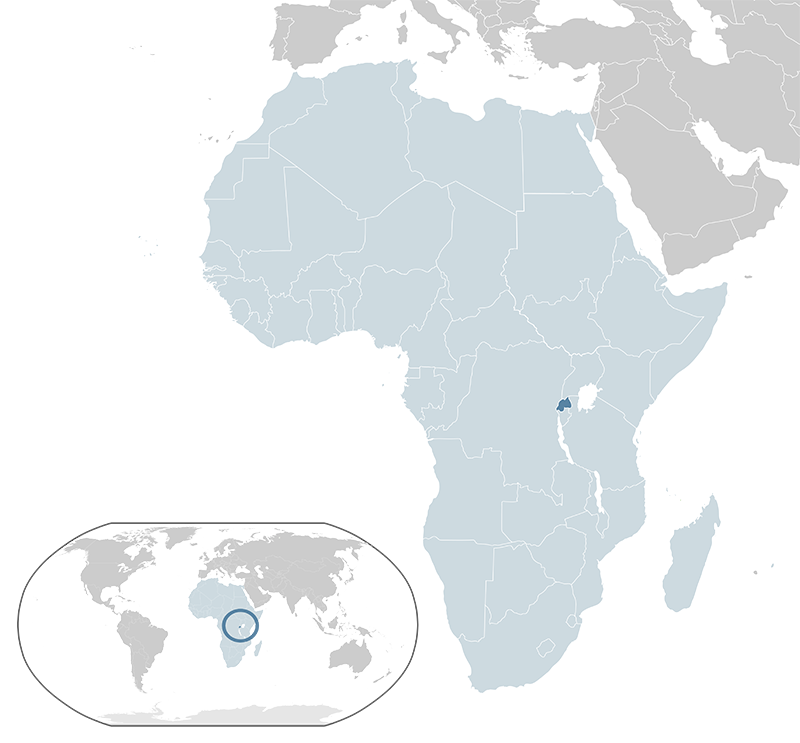
- Population:
- 14,257,000
- Religion:
- Christianity
Rwanda was historically ruled by a monarchy before becoming a Belgian colony. It gained independence in 1962 but suffered the 1994 genocide, which had a profound impact on its development. Since then, Rwanda has experienced rapid economic growth and modernization, with a focus on reconciliation and stability.
Rwanda, officially the Republic of Rwanda, is a landlocked country situated in Central and East Africa. It is bordered by Uganda to the north, Tanzania to the east, Burundi to the south, and the Democratic Republic of the Congo to the west. Covering an area of approximately 26,338 square kilometers, Rwanda has a population of about 13 million people as of 2023. The capital and largest city is Kigali. The official languages are Kinyarwanda, French, English, and Swahili. Rwanda operates as a presidential republic. The economy has been growing steadily, with key sectors including agriculture, mining, tourism, and services. Rwanda is known as "the Land of a Thousand Hills" due to its mountainous terrain, and for its rich biodiversity, including wildlife such as mountain gorillas. The country has made significant progress in development and stability since the 1994 genocide, focusing on unity and economic growth. Rwanda is a member of international organizations such as the United Nations, the African Union, and the East African Community.






